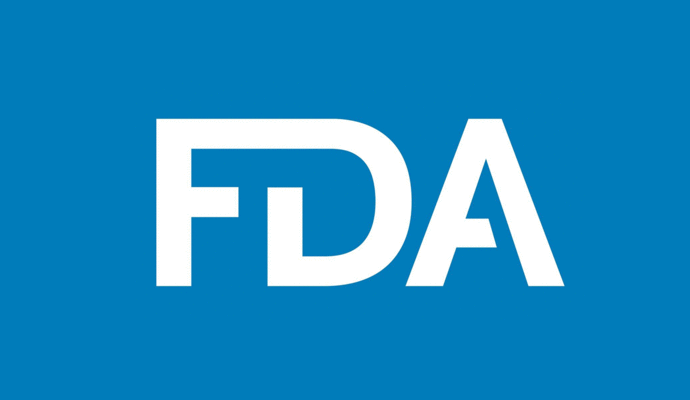FDA Issues Second COVID-19 Vaccine EUA to Moderna for mRNA Shot
The FDA has announced an additional EUA for the national distribution of Moderna’s COVID-19 vaccine after announcing the first EUA to Pfizer-BioNTech last week.

Source: FDA
- The Food and Drug Administration has issued the second emergency use authorization (EUA) for a COVID-19 vaccine to Moderna, allowing for national distribution.
All available data show that the vaccine may be effective in preventing COVID-19 caused by severe acute respiratory syndrome coronavirus 2 (SARS-CoV-2) in individuals 18 years of age and older. This comes after Pfizer-BioNTech received the first EUA for a COVID-19 vaccine last week.
“Through the FDA’s open and transparent scientific review process, two COVID-19 vaccines have been authorized in an expedited timeframe while adhering to the rigorous standards for safety, effectiveness, and manufacturing quality needed to support emergency use authorization that the American people have come to expect from the FDA,” said FDA Commissioner Stephen M. Hahn, MD.
“These standards and our review process, which are the same we have used in reviewing the first COVID-19 vaccine and intend to use for any other COVID-19 vaccines, included input from independent scientific and public health experts as well as a thorough analysis of the data by the agency’s career staff,” Hahn continued.
The EUA assures the public and medical community that the FDA has conducted a thorough evaluation of the available safety, effectiveness, and manufacturing quality information, proving that the known and potential benefits outweigh the known and potential risks of the vaccine.
The Moderna vaccine, like the Pfizer-BioNTech vaccine, contains a small piece of the SARS-CoV-2 virus’s messenger RNA (mRNA) that causes cells in the body to create the virus’s characteristic “spike” protein. When a person is vaccinated, their body produces copies of the spike protein, causing the immune system to react defensively against SARS-CoV-2.
“Although not an FDA approval, the FDA’s expectations described in our June and October guidance documents have been met,” said Peter Marks, MD, PhD, director of the FDA’s Center for Biologics Evaluation and Research. “Today’s authorization demonstrates our steadfast commitment to the health of the American people, with the assurance that our scientific standards and the integrity of our review process have been maintained.”
“This achievement is yet another testament to the dedication of FDA’s career scientists and physicians, who have been working urgently to conduct comprehensive and rigorous evaluations of the data submitted for vaccines to prevent COVID-19,” Marks continued.
The vaccine is administered as two doses, given one month apart. An analysis of 28,207 participants in an ongoing randomized, placebo-controlled study shows that the vaccine is 94.1 percent effective in preventing COVID-19 disease among these clinical trial participants, with 11 cases of COVID-19 in the vaccine group and 185 in the placebo group.
